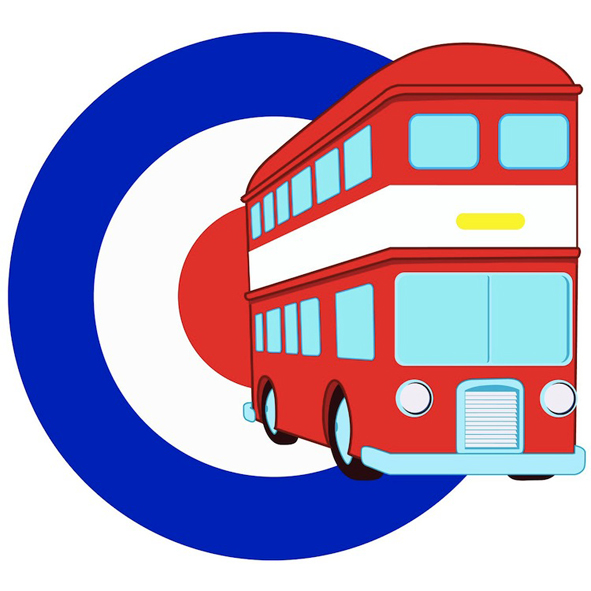“Look what you made me do! I dropped it because you distracted me. I hope you’re happy now.” 「ほら、なんてこと!?気を散らせるから落としちゃったよ。もう満足か?」
“I hope you’re happy” could have a positive meaning, but it’s probably more commonly used in a sarcastic way. You might say, “I hope you’re happy,” when someone’s actions have resulted in a negative outcome, after you warned them. For example, imagine you are carrying some cupcakes to the table for dessert, but your children are very excited and are jumping up, pulling on you, and trying to reach the cupcakes. As a result, you drop all the cupcakes. “I hope you’re happy now!” you say. But of course, the children are not happy. They didn’t want to spoil the cupcakes!
I hope you’re happyにはもちろんポジティブな使い方もありますが、皮肉のほうが多いでしょう。注意したのにやめなかったとき、誰かの行動が悪い結果を招いたときに使います。例えば、カップケーキをテーブルまで運んでいると想像してください。子供たちが大喜びで腕を引っ張ったり、カップケーキに手をのばしたり跳んだりしています。結果としてカップケーキをすべて床に落としてしまいます。「もう満足か?」と子供たちに言いますが、もちろん子供たちはうれしくないし満足していません。カップケーキを無駄にしたかったわけではありませんから。

